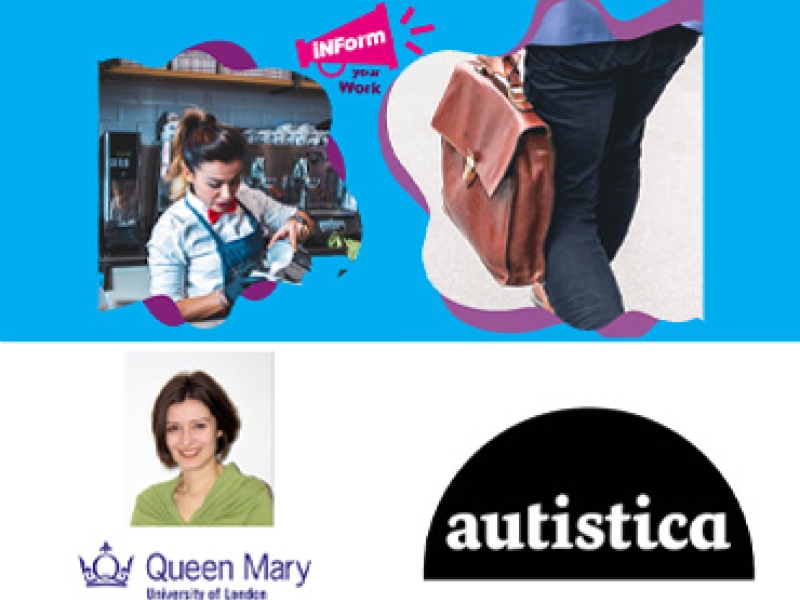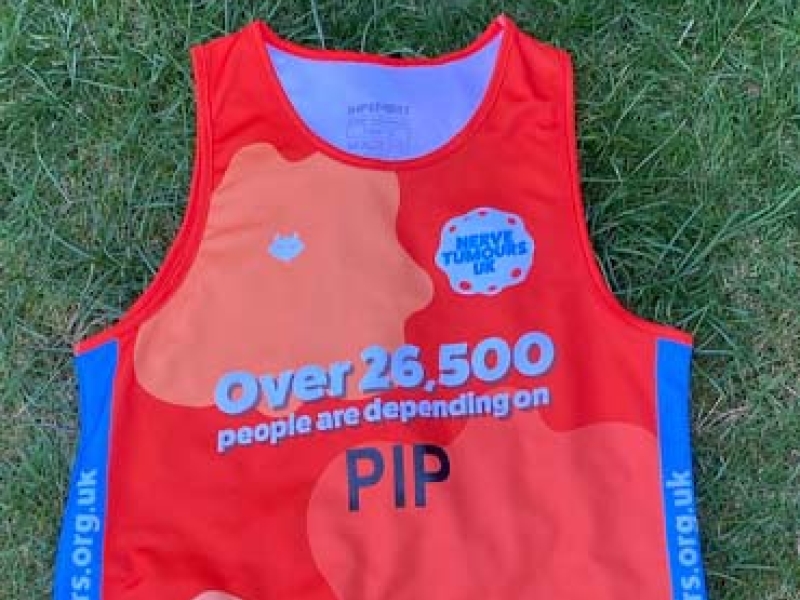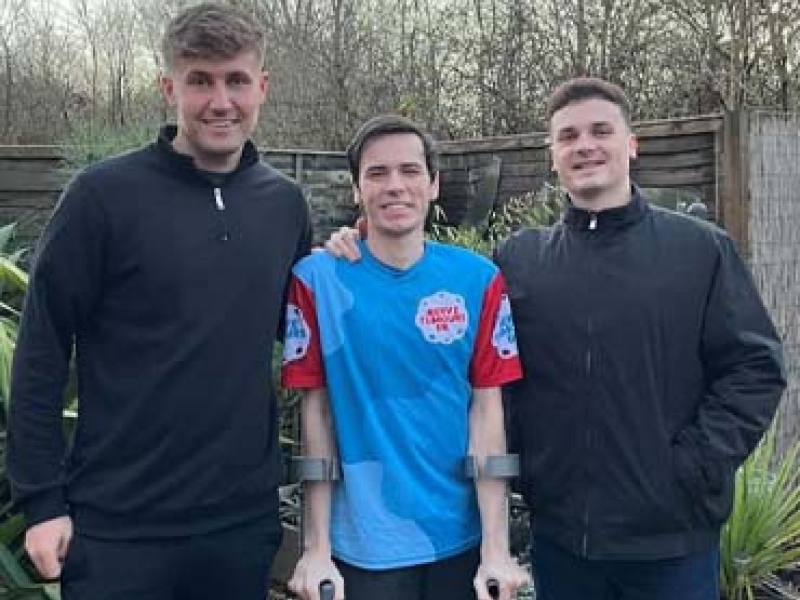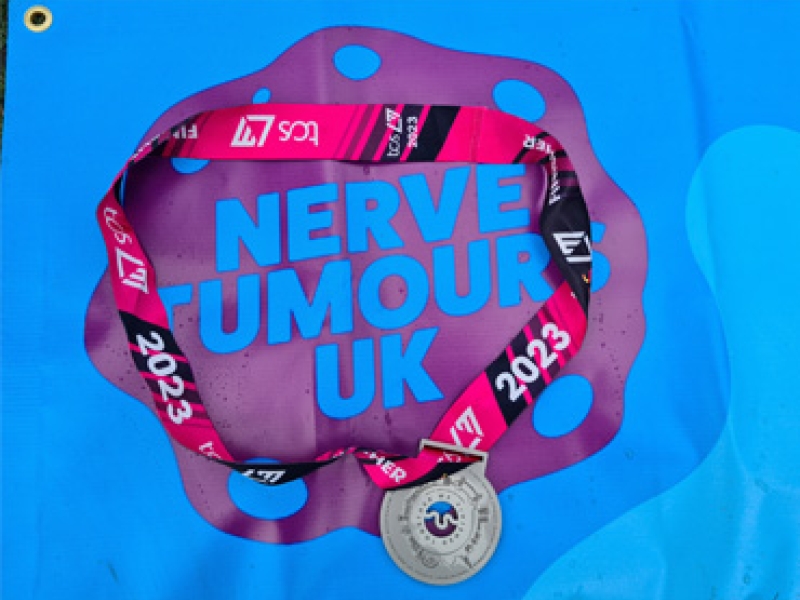Jane Frances
19 November 2019
Jane Frances
Jane Frances is a psychotherapist and was for many years Schools Specialist and Policy Advisor in Education at Changing Faces, UK. She is an expert in the psychology of visible difference.
She tells us of how findings from psychological research can help parents and teachers of children with Neurofibromatosis to better support them.
“I have worked with a lot of children with many conditions including NF, and I’ve found that the responses by other people to visible difference is pretty standard across conditions. The advice I give is based on research. ‘Common sense’, however well-intentioned, can lead to counterproductive interventions.
For example, if a child is staring at a child with a visible difference, the ‘natural’ reaction of the teacher is to say, ‘you mustn’t stare’. The result is that children learn to turn away, and the child with the difference feels even more isolated.
A better response is for the teacher to tell the staring child, ‘if you find yourself staring, smile and say ‘Hello, my name is Jane. What’s your name?’’
It is even more important that parents or the teacher coach the child who has NF to handle other children’s curiosity. The best strategy is for the child with NF to have something to say, like: ‘Don’t mind my lumps and bumps. I’ve got NF. Have you got something interesting about you?’ It is always good to round off with a question and engage – curiosity is the beginning of a relationship.
If the child is shy and nervous, the teacher might need to say, ‘Oh you’ve noticed Timothy’s unusual face. Well that’s the way Timothy’s face is, and did you know Timothy has a pet cat?’
We know from countless studies that it is harder for a child who looks unusual to make and keep friends. This is caused not by an aversion to the unusual face, but by an aversion to the stigma. The key, therefore, is to reduce or eliminate the stigma. The conversational strategies above will help. A curious stare is a door to a conversation and possible relationship.
Teachers’ expectations are also key: they need to hold in their heart really positive hopes for this child’s future. Many studies confirm the ‘Pygmalion Effect’: that lower expectations lead to lower results. Teachers aren’t doing children a favour by going easy on them. The child needs tough, high expectations.
These are just a few tips. You can get more information and resources for tackling issues of face equality and the impact of appearance at changingfaces.org.uk.”
– Jane Frances"The best strategy is for the child with NF to have something to say, like: ‘Don’t mind my lumps and bumps. I’ve got NF. Have you got something interesting about you? "
Filter News

New ways to treat NF1 tumours with existing drugs
Researchers at the Living Systems Institute, University of Exeter, UK are researching new ways to treat NF1 tumours
Read More
Easter Message
A message from Karen, our Charity Director, wishing you a very Happy Easter!
Read More
Equality, Diversity and Inclusion in the Workplace
Nerve Tumours are here to support you in the workplace: iNForm; workplace equality research & creating an inclusive workplace
Read More
Wayne’s World of Marathons
Read about Wayne's world: marathons, running a wedding fayre business with wife Leanne and their son Harley who has NF1
Read More
Team NTUK London Marathon 2023
Meet some of our runners and read their inspiring marathon motivation stories
Read More
Pip’s London Marathon
Pip describes life with NF1 & limited vision and his motivation to run the London Marathon
Read More_370x280_800_600_s_c1.jpg)
The Scottish Parliament Rare Disease Day Online Reception 15/03/2023
NTUK attended the Scottish Parliament Rare Disease Day online reception
Read More
Support Derry’s and Dan’s Marathon Run for NTUK
Dan and Derry will be taking on the London Marathon in support of Nerve Tumours UK
Read More


